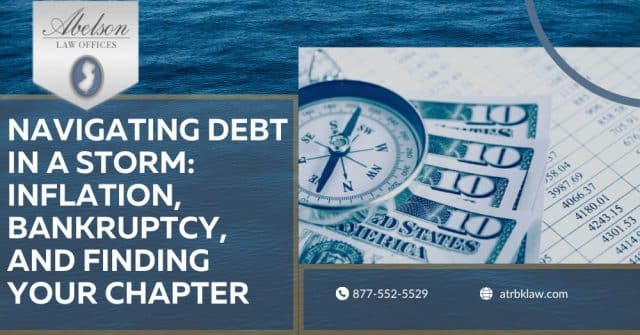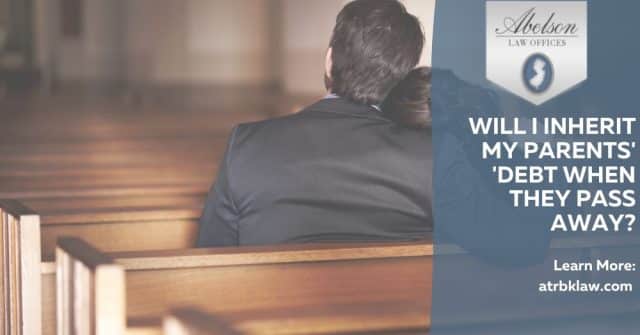In this firm, we pride ourselves on providing prospective debtors a fair and honest evaluation of the benefits and detriments of filing for Bankruptcy Protection. Most often, I encourage individuals to utilize bankruptcy when there is “no viable alternative that will result in the elimination of the debt over a finite and reasonable period of time at an affordable figure
per month.”
This analysis requires a review of potential alternatives to a bankruptcy filing. Most potential clients are at least somewhat familiar with the “debt settlement” industry which advertises prolifically over radio and television. Some have even attempted to engage such services and are less than pleased with the results. While each debt settlement (or debt resolution) vendor has somewhat different rules and procedures, the vast majority will require monthly payments for an extended period (often 6-12 months) which will constitute the fees to the company. This is before any settlement is attempted, and all too often, the debtor will be sued by a creditor before any debt settlement or resolution can even be accomplished.
I freely admit that I am not a fan of the debt settlement practice but do recognize, that for some individuals, it is far more beneficial than filing for bankruptcy. However, one must understand and calculate in their analysis that debts which are forgiven or canceled by a creditor will result in taxable income to the Debtor. The creditor will file a form 1099C with the IRS for all of the monies which are extinguished, and the debtor will be responsible for the tax on those monies as if it were actual income – and this may also increase the tax rate of the Debtors’ other income as well. (This is prohibited under tax law for bankruptcy filing) This can result in a serious financial burden and may actually worsen one’s overall financial situation instead of improving it as intended.
Debt settlement should not be confused with Debt Management Plans (DMP). There are numerous non-profit consumer credit counseling financial agencies throughout the country which consolidate one’s debt and establishes a repayment of that debt at a reduced rate of interest over a period of time, normally 4-5 years. I was honored to serve on the Board of Directors of Novadebt (now known as Navicore Solutions) for nearly twenty (20) years and do believe that these agencies offer a viable alternative to bankruptcy filing – if one avails themselves of the opportunity early enough in the collection process and the amount of the debt is not overwhelming. Under the 2005 revisions to the United States Bankruptcy Code, a brief consultation with a non-profit consumer credit counseling agency is required before filing for bankruptcy.
All of these options should be carefully considered prior to making a decision as each alternative will affect one’s credit and financial recovery differently. We strongly encourage individuals to spend the time investigating all debt relief options including bankruptcy which often remains the last best hope for many debtors.




